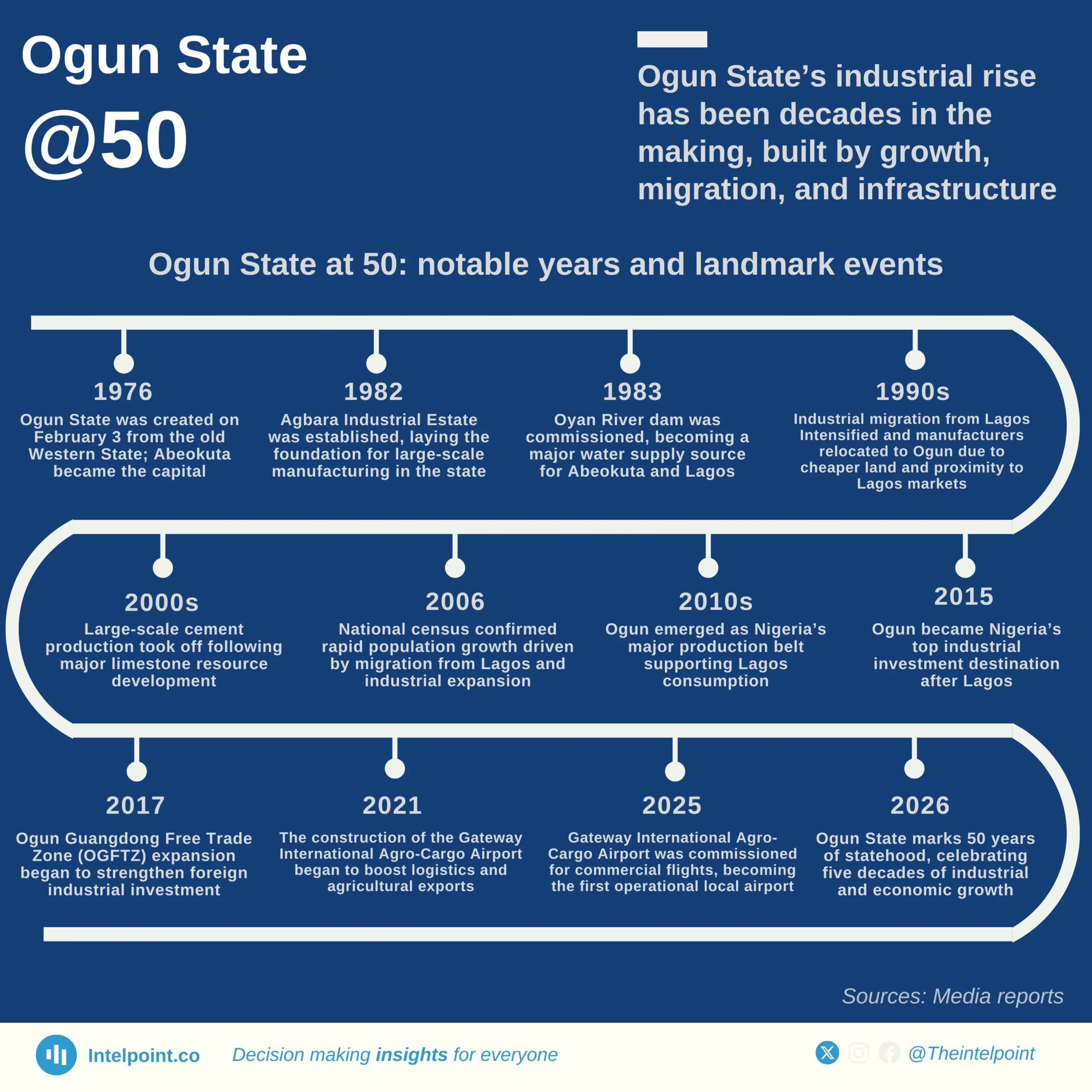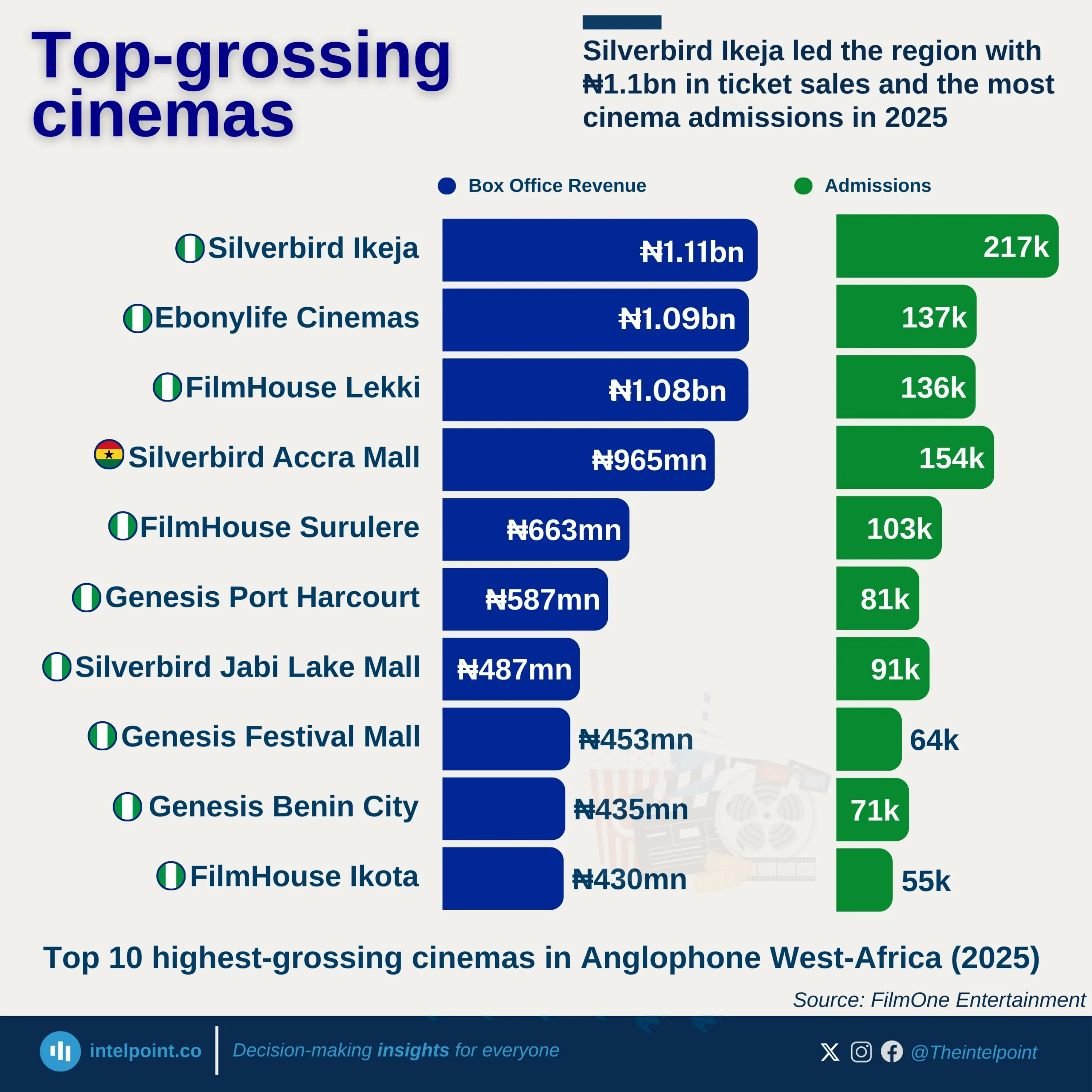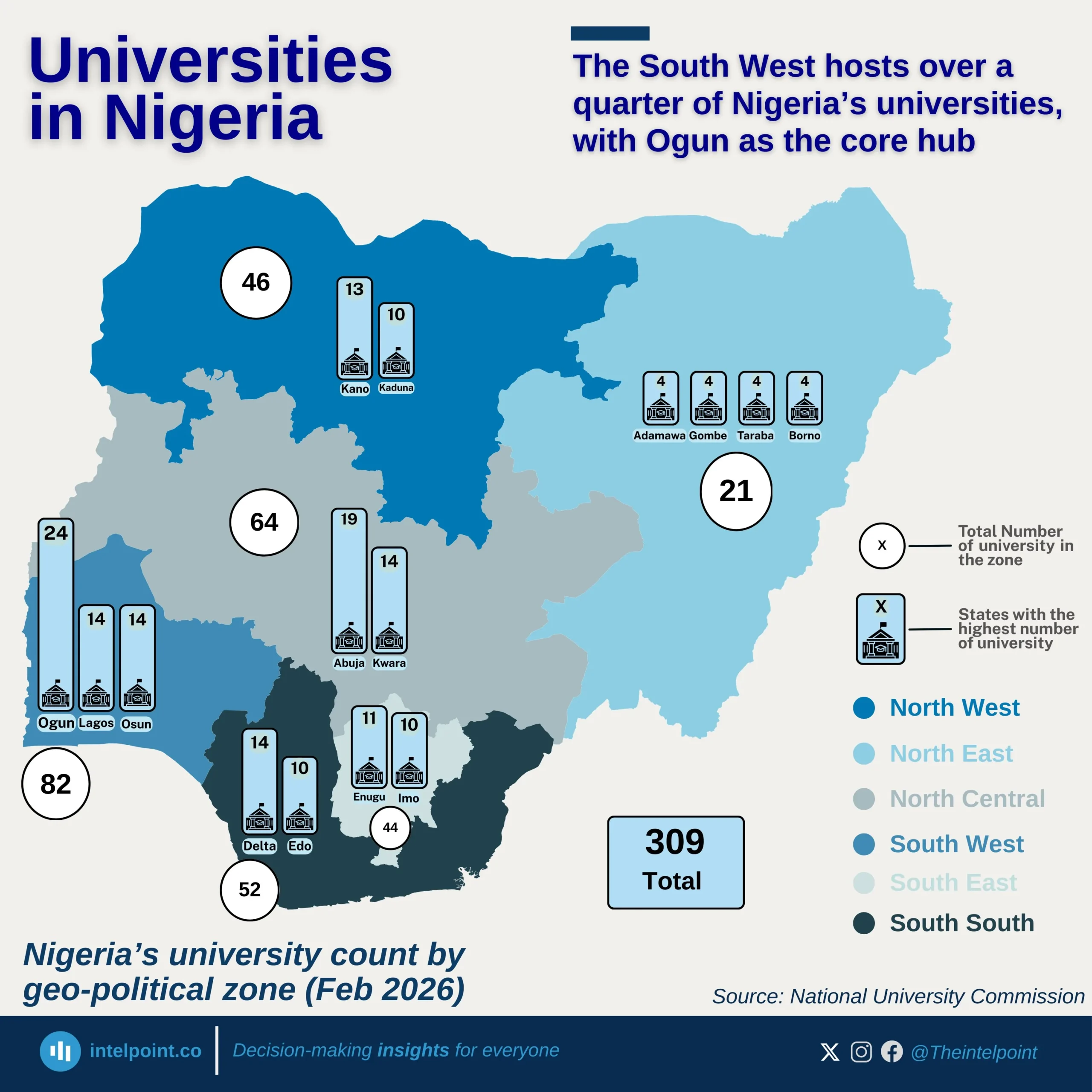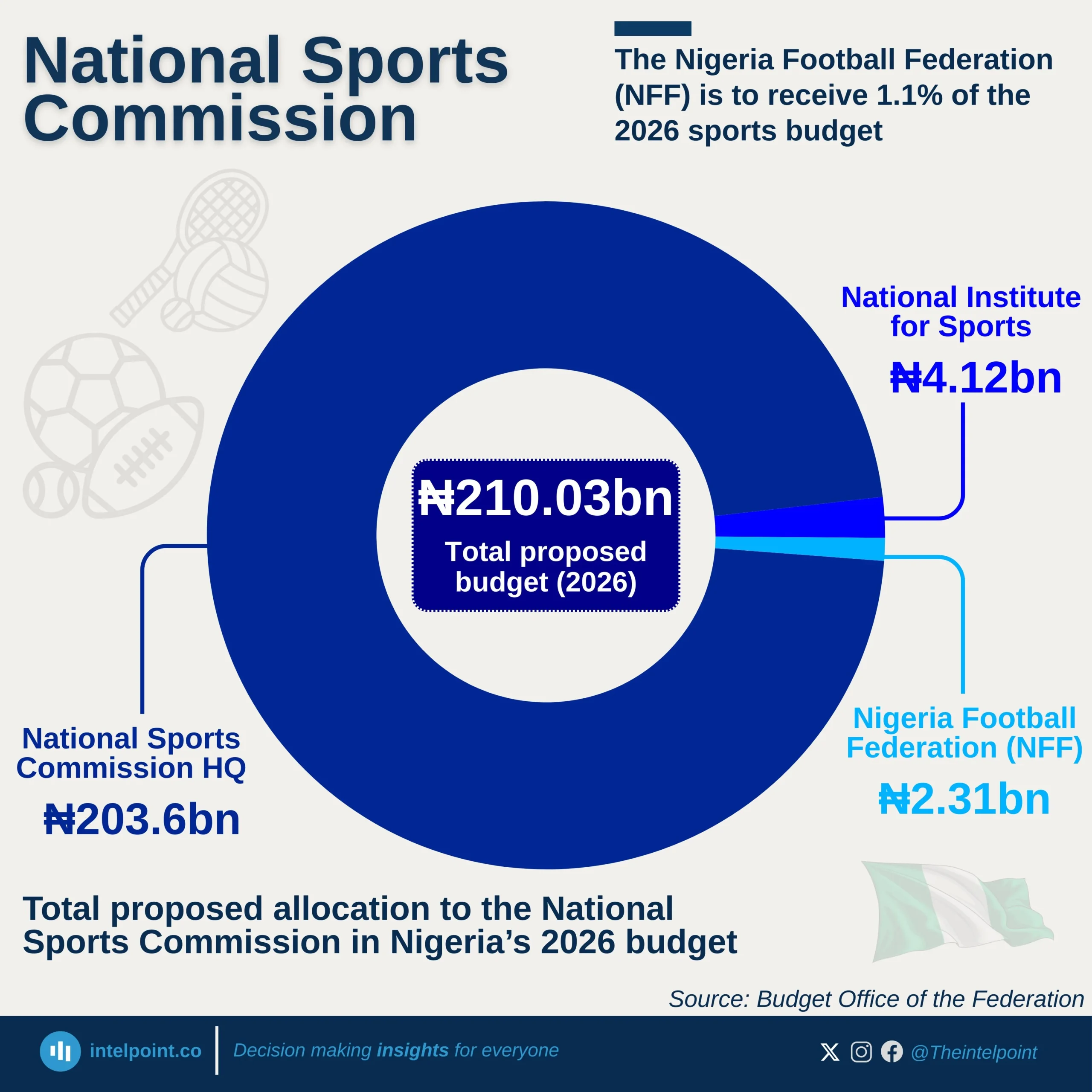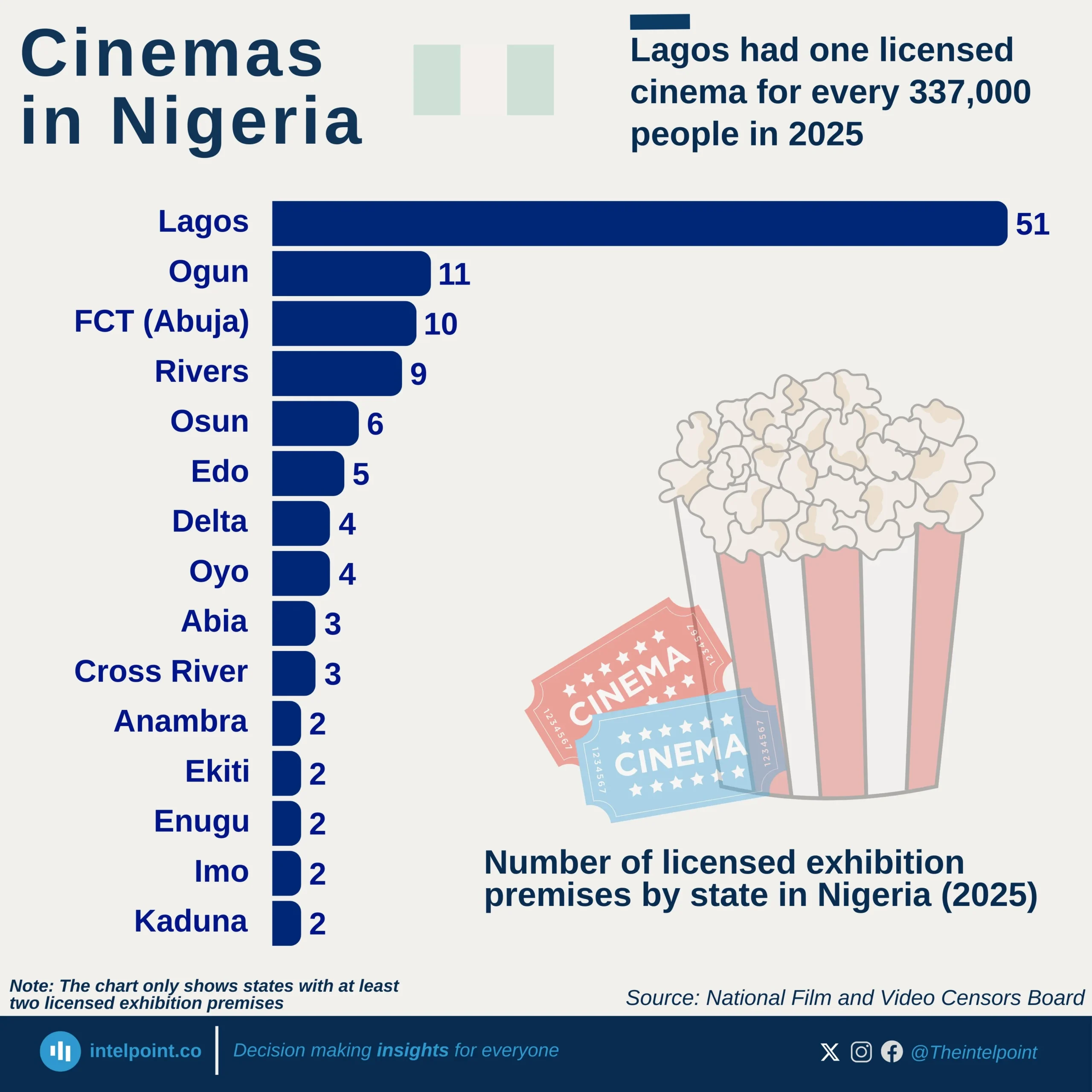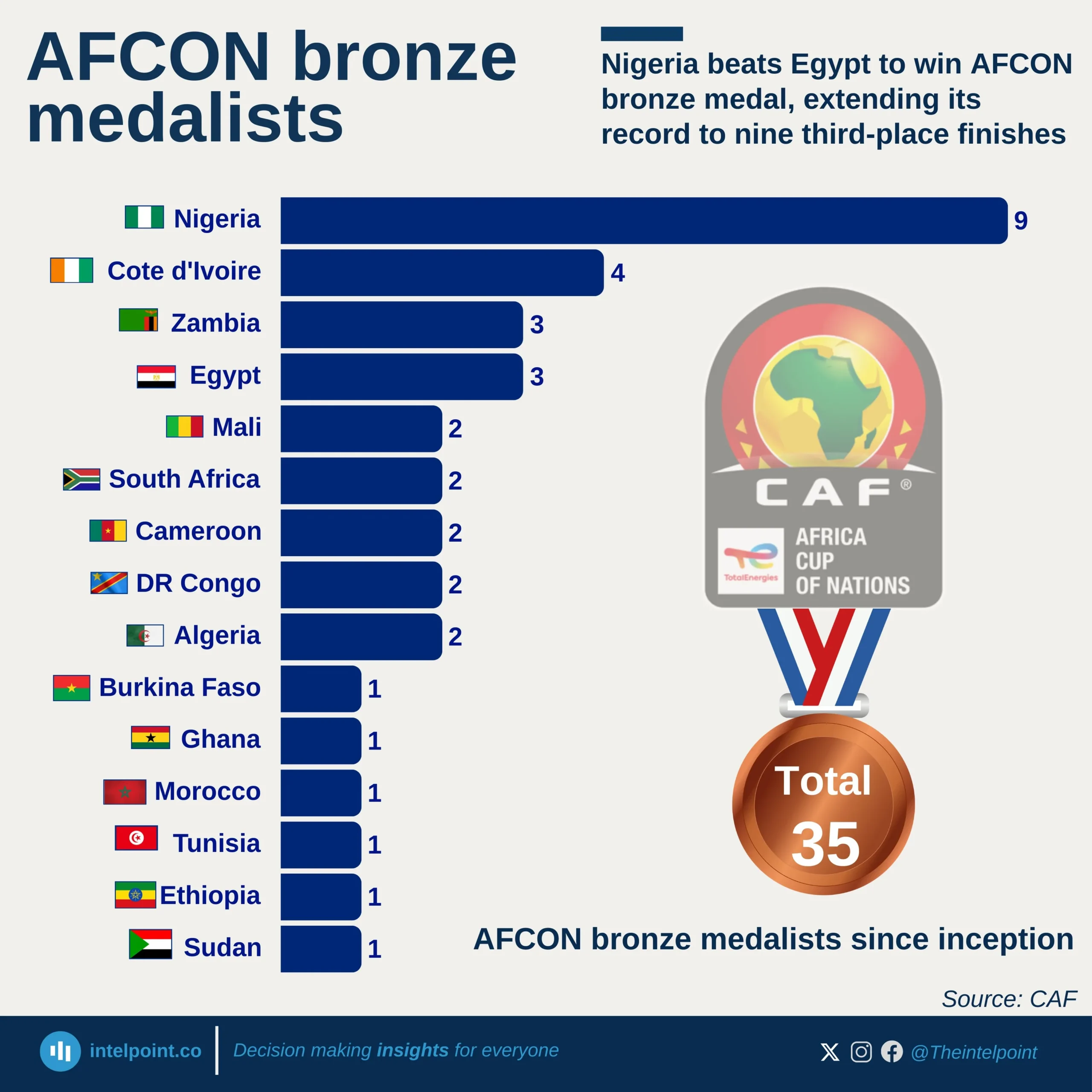The age distribution of Nigerian MSME entrepreneurs shows a clear concentration in the 26–45 age bracket, which makes up roughly two-thirds of the population. Very young adults (18–25) represent just over 12%, suggesting that most business ownership starts after early adulthood. The mid-life group (46–55) accounts for nearly 15%, while older entrepreneurs (56+) are the smallest segment at 6.2%. This pattern indicates that MSME activity is largely driven by individuals in their prime working years, reflecting a combination of energy, experience, and capacity to manage small and medium-scale businesses.
